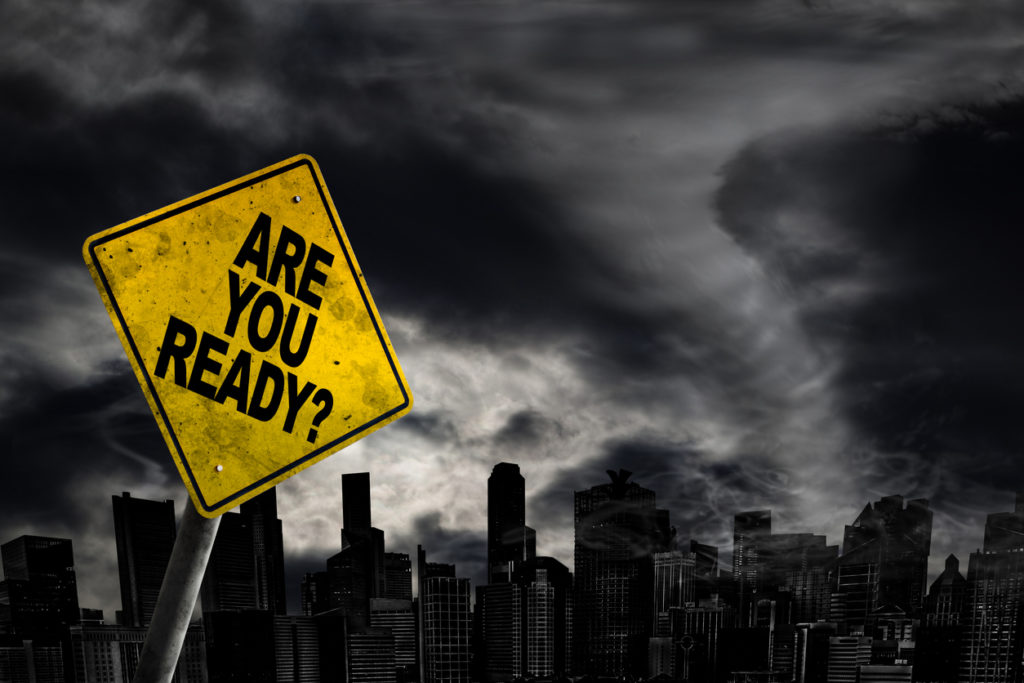Nursing Homes — Shouldn’t generators be required to operate in Florida?

When will Nursing Homes Be Ready?
An entire hurricane season has come and gone, and over three-quarters of Florida’s nursing homes and assisted living facilities (ALF) have yet to comply with a state law requiring they have generators. The Legislature approved the measure after Irma – one of the costliest, deadliest and strongest storms in years – knocked out electricity at a Broward County facility, causing sweltering conditions. 14 frail elderly perished.
The law mandates each of the nearly 700 licensed nursing homes in Florida to have a back-up power source that can keep the mercury at 81 degrees or lower for four days. The original deadline was July 2018. The extended deadline was September 2018. Now, facilities have until the start of the 2019 hurricane season to take action.
“The principle was always sound, the implementation was not realistic,” Steve Bahmer, of LeadingAge Florida, an association representing elder-care providers, told the Fort Myers News-Press in an article titled “Most Florida nursing homes don’t have generators despite new requirement after Irma deaths.” “There was no way 1,000 or more providers would get generators on site in 60 days. It would take a minimum of six months and more like 18 months.”
Besides the nearly 700 licensed nursing homes, there are over 1,000 licensed assisted-living facilities (ALFs) that also must install generators – at their expense.
“Despite the steep costs – $121.3 million over the first five years for nursing homes and $243 million for assisted living facilities – the Legislature put the rules into law,” according to the article. “The regulations have been phased in over time, first requiring facilities to submit to local officials comprehensive emergency-management plans that detail how facilities would obtain generators and 96 hours of fuel to keep residents cool in the aftermath of a storm. Providers were required to submit the plans and implement them by June 1, the start of hurricane season. The rules allowed the Agency for Health Care Administration to grant informal extensions giving providers additional time to comply with the requirements while remaining in good standing with the state.”
An editorial in The Palm Beach Post describes the new law as a “tall order” and “a large (financial) burden coming in a very short space of time,” but said more lives are on the line if it is not followed.
“The deaths of those Hollywood Hills nursing home residents unfortunately taught us the potential cost of a lack of regulation, as well,” writes Rick Christie in the piece, titled “Christie: Are nursing homes risking too much with delays on backup generators?” “That’s why a whole lot of folks should be breathing a sigh of relief, especially nursing home and ALF operators. Hurricane Michael came ashore in the Panhandle as a Category 4 storm, and has so far tallied about $1 billion in insurance claims in eight counties. But thank goodness Michael was no Irma, which shut down power to roughly two-thirds of the state at one point. Industry lobbyists blame delays on local permitting and building-code requirements, backlogs for generators, and of course, cost. But none of that would have held up to another facility failing to protect some of the most vulnerable among us. And we know we can’t keep dodging this bullet forever.”
Another storm will hit the coastline if not in 2019, then in 2020, and beyond. The only defense against a devastating hurricane is planning and preparation, and that includes ensuring residents of homes that are entrusted with their personal care do not die with triple-digit body temperatures.
“Any facility that has a delay in implementation will need to submit evidence that shows they are well underway in their project before they are granted a variance,” Justin Senior, secretary of the Agency for Health Care Administration, told the South Florida Sun Sentinel in an article titled “Nursing homes want more time to meet generator requirements.” Senior added that his agency will reject variances for “deadbeat facilities that haven’t worked over the past several months to carry out emergency backup-power plans.”
Brian Lee, executive director of Families for Better Care, a nonprofit elderly-advocacy group, said while some excuses for noncompliance are legitimate, many others are not.
“The industry doesn’t have the best track record in the world,” Lee told The Palm Beach Post in another article titled “77 percent of state’s nursing homes don’t have permanent generators.” “You probably have a whole bunch of facilities who are trying, but you also have gobs that are thumbing their nose. They are crackerjack artists at being able to slipshod the rules.”
No matter how much it costs to install the generators, innocent families will pay the price if they are not.
Share This


